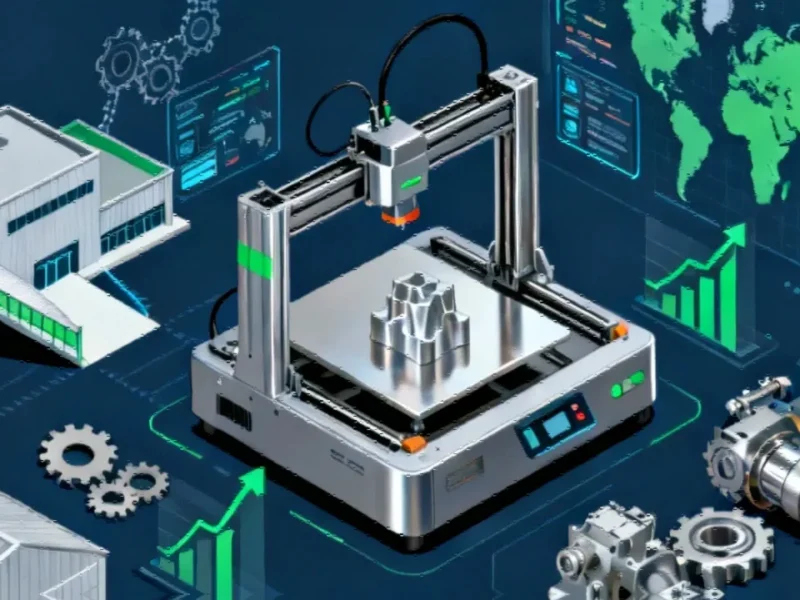According to Ars Technica, Arduino updated its terms of service and privacy policy this month, just about a month after Qualcomm announced its acquisition of the open source hardware company. The most controversial changes include prohibiting users from reverse-engineering the platform and adding new AI monitoring provisions that let Arduino watch user accounts. Adafruit founder Limor Fried and managing editor Phillip Torrone immediately raised concerns, questioning why a company built on hackable systems would ban reverse engineering. Arduino responded with a blog post on November 21st claiming open source hardware and software remain available as before, but Fried and Torrone say their questions about patent restrictions and data sharing went unanswered. Both Arduino and Qualcomm representatives declined further comment, directing inquiries back to the blog post.
The reverse engineering problem
Here’s the thing about banning reverse engineering for a company like Arduino: it goes against everything they’ve stood for. Arduino built its reputation on being open, hackable, and transparent. Now they’re saying you can’t decompile or reverse-engineer their platform unless they explicitly allow it. Their defense is that this only applies to cloud services, not the open source stuff. But when you’re dealing with industrial computing and embedded systems, that distinction gets pretty blurry. Companies that rely on industrial panel PCs need to know they can modify and understand the systems they’re deploying. This restriction feels like it’s setting a dangerous precedent for what was once the most accessible hardware platform out there.
That AI monitoring clause
And then there’s the AI policy section. Arduino now reserves the right to monitor user accounts, compute time, storage – basically everything you do with their AI products. The concerning part? They haven’t explained what data gets retained, who gets access, or why this is opt-out only by not using the features. When you’re working with industrial systems, data privacy isn’t just nice to have – it’s essential. The fact that this drops right before the Qualcomm acquisition completes makes you wonder about the timing. Are we looking at future data sharing between Arduino and its new parent company? The blog says no, but the terms don’t provide those assurances.
The patent problem nobody’s talking about
This might be the sneakiest change. The new terms say users can’t use Arduino’s platform to identify or provide evidence for patent infringement claims against Arduino or its affiliates. Fried and Torrone nailed it when they asked: “No open-source company puts language in their ToS banning users from identifying potential patent issues.” So why now? And who requested this? It feels like corporate protectionism creeping into what should be a community-focused platform. When you’re dealing with hardware that’s supposed to be open, patent threats should be addressed through transparency, not legal restrictions.
What happens to your projects?
The content licensing terms are just as concerning. Users grant Arduino “non-exclusive, royalty free, transferable, sub-licensable, perpetual, irrevocable” rights to anything they publish on the platform. Arduino says this is just to enable cloud services and collaboration tools, but Torrone points out the language is broad enough to let them “republish, monetize, and route user content into any future Qualcomm pipeline forever.” When you’re building industrial applications or sharing code, you need to know who controls your intellectual property. The fact that these rights are irrevocable should make anyone think twice before uploading their next project.
Is the open source promise fading?
Look, Arduino says the IDE will stay on GitHub under AGPL-3.0, and anything that was open remains open. But the community’s skepticism isn’t just paranoia. We’ve seen this pattern before – acquisition happens, promises are made, then slowly the open principles erode. The timing of these changes right after the Qualcomm announcement is just too convenient. When makers who’ve supported Arduino for years are sounding alarms, maybe we should listen. The real test will be how Arduino handles the backlash and whether they actually address the specific concerns rather than just pointing to their blog. For now, the maker community is watching – and worrying.




